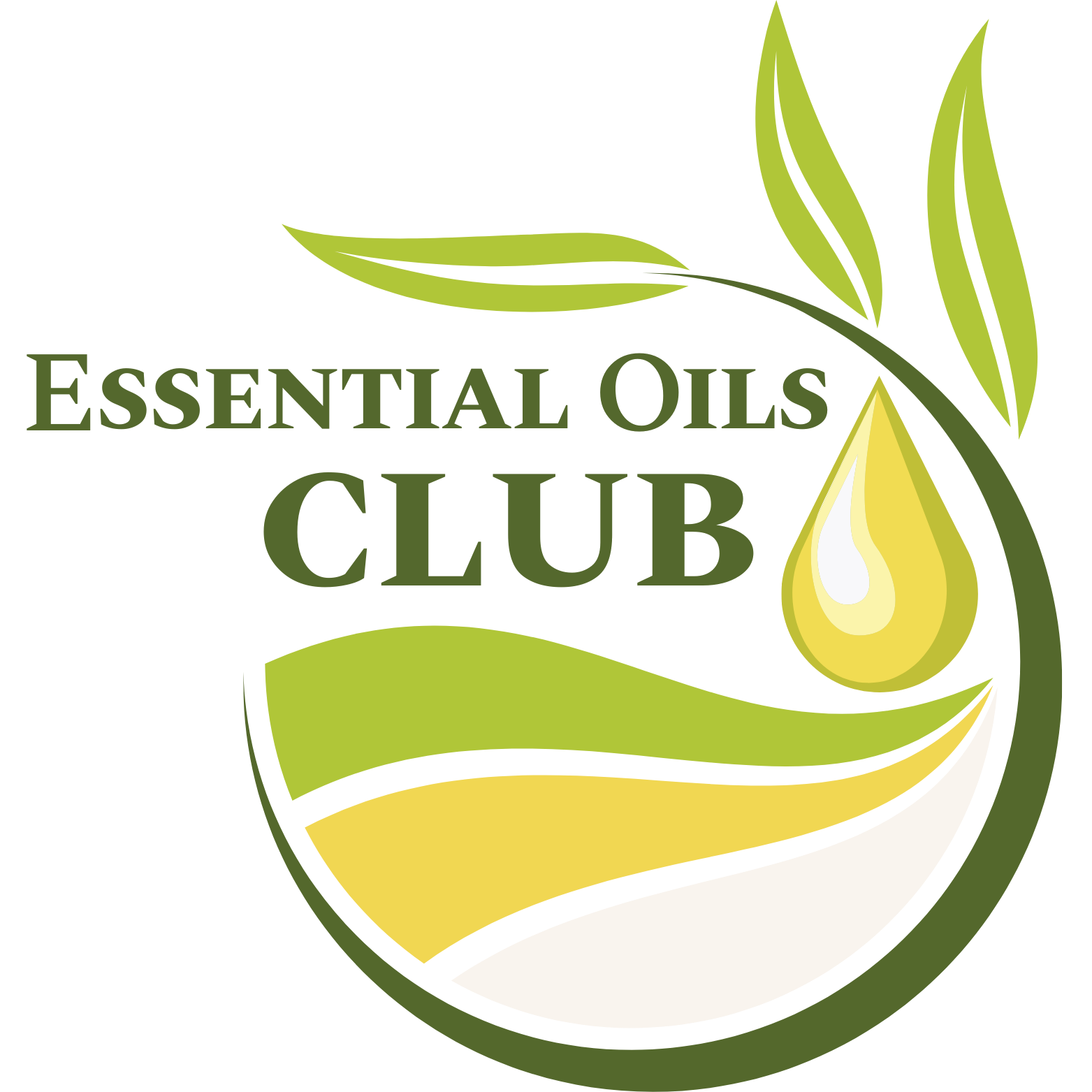No products in the cart.
Cassia essential oil 🌿 is closely connected to Cinnamon Bark 🌳 and boasts similar cleansing properties, making it an excellent choice for diffusion or adding to home cleaning solutions. 🏠
Percentages of key constituents in Cassia Essential Oil vary due to factors like source, extraction method, and quality. The chemical compound and their approximate percentage ranges includes:
Cassia (Cinnamomum cassia) is an aromatic evergreen tree that is native to China. It has a long and documented history of use, dating back to Biblical times. The tree belongs to the Cinnamomum genus, and its aromatic bark is one of several varieties used for its unique properties and benefits.
The cassia tree typically grows to a height of 30 to 50 feet and is known for its distinctive, sweet-smelling bark. In ancient times, cassia was highly regarded for its fragrant qualities and was often used for various purposes, including medicinal and spiritual applications.
In the Old Testament of the Bible, cassia is mentioned as one of the ingredients in the holy anointing oil. It was considered sacred and was used in religious ceremonies and rituals. Additionally, cassia was a key component in the formulation of temple incense, further highlighting its importance benefits in ancient cultures.
Coumarin is a naturally occurring compound found in many plants, including cassia and Ceylon cinnamon. In high concentrations, coumarin can be potentially harmful to the liver, so consuming large amounts of cassia with its higher coumarin levels should be done with caution. Cinnamon Bark essential oil, derived from Ceylon cinnamon, is popularly used in aromatherapy and has a milder aroma compared to Cassia essential oil.
Cassia (Cinnamomum cassia), also known as Chinese cinnamon or “bastard cinnamon,” is a spice with a similar appearance and aroma to cinnamon (Cinnamomum verum), but it comes from a different plant and has its own unique set of benefits.
It’s important to note that while cassia benefits for health are many, it should be used as part of a balanced diet and lifestyle. As with any herbal remedy or spice, moderation is key, especially for those with certain medical conditions or who are pregnant or nursing. Before using cassia for medicinal purposes, it’s best to consult with a healthcare professional or a qualified herbalist to ensure it is safe and appropriate for your specific needs. Additionally, cassia should not be confused with true cinnamon (Cinnamomum verum), as they have different flavor profiles and may have different effects on the body.
Cassia (Cinnamomum cassia) essential oil offers various potential health benefits due to its aromatic and medicinal properties. Some of the key benefits of cassia essential oil include:
Topical: Dilute 1 drop with 4 drops of V-6 Vegetable Oil Complex or olive oil. Test on small area of skin or underside of arm. Then apply to desired area as needed.
Aromatic: Diffuse in your home after a long day for a fresh, soothing aroma that helps promote feelings of relaxation.

